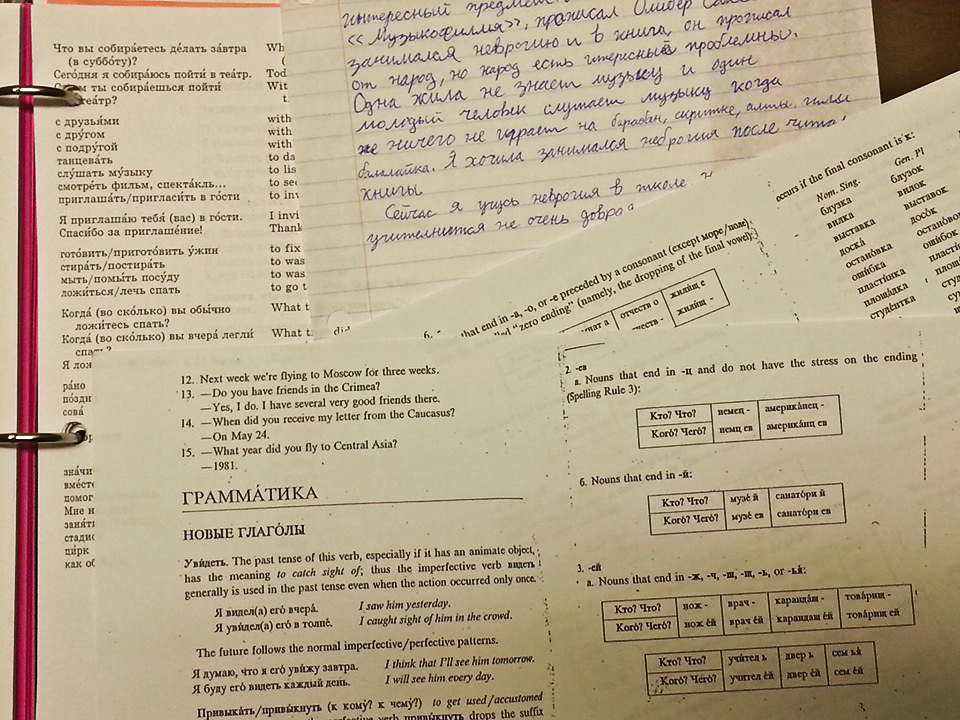Russian students challenge themselves through writing
During the essay contest, students were allowed to use their notes and practice essays for reference. Photo courtesy of Aria Kim.
November 18, 2013
On the morning of Nov. 12, approximately 80 of the 102 students enrolled in the Russian class participated in the National Russian Essay Contest (NREC).
The NREC, an annual event, is sponsored by the American Council of Teachers of Russian (ACTR). The competition is open to all students currently or previously enrolled in a Russian class, ranging from level one to advanced placement (AP).
Essays are judged in the different categories of Beginning, Intermediate, Advanced and Native Speaker, and they can win an honorable mention or a gold, silver or bronze medal. The prompt, which changes annually, is consistent for all grade levels. Essays of previous years have addressed prompts such as “My Dream for the Future,” “Why I Like Russian” and “The Role of Art in My Life.” This year, the question posed was, “What is Important to Me in Life?”
“The Russian essay contest is a great way to self-reflect on our writing skills and a chance to receive recognition for our Russian knowledge,” junior Jenny Kim, who received a bronze medal in her freshman year and a gold medal in her sophomore year, said. “I value the chance to gauge where my writing level is at every year because, then, I know what to improve on throughout the year.”
According to Russian teacher Betsy Sandstrom, Jefferson students have a long history of bringing home medals after 32 years of participating in the competition. However, she hopes that students will gain more from the experience than just the awards.
“It’s really good for students to validate their success in any subject,” Sandstrom, who also supplies the long-established breakfast of doughnuts and juice for the contestants, said. “Communicating in another language is a skill, but this contest helps students go a little bit beyond the limited classroom environment.”
Another way in which Russian students can evaluate their improvement in the language is the ACTR Olympiada of Spoken Russian, which is held in the spring. Students are already preparing for the event through eighth period sessions.
The results for the NREC will be released at the end of January. Gold medalists of the Advanced and Native Speaker levels will have their essays forwarded to the State Pushkin Institute in Moscow, where students may receive a second-level award after the second round of judging.
“I decided to participate in the contest because I wanted to see how much Russian I knew and challenge myself to write an essay,” freshman Alyssa Lee, a Russian 1 student, said. “I’m hoping that by next year I will know a lot more Russian and have a better vocabulary.”






